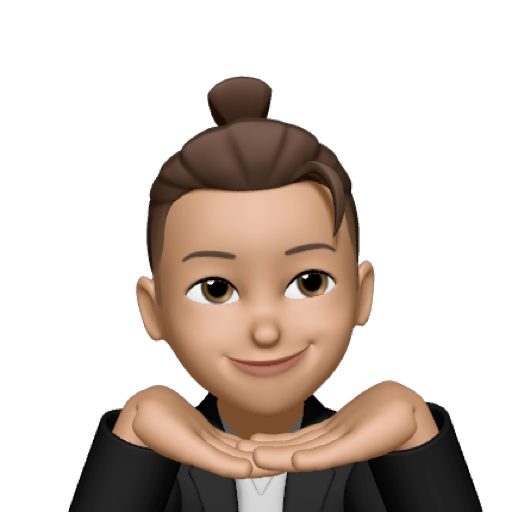
A I E D R O W



 Ritesh Kushwaha
Ritesh KushwahaSocial media can be both a lifeline and a source of stress. This article explores how it influences mental health—fueling comparison, FOMO, and anxiety—while also offering potential benefits for connection and support.

It starts the same way every time. You open your phone to check one message, and before you know it, you've been scrolling for an hour. Somewhere between the vacation photos, engagement announcements, and perfectly curated lives of influencers, you start feeling...off. Maybe it’s jealousy, maybe it’s self-doubt, or maybe it’s that weird anxious feeling in your chest that you can’t quite name. Social media was supposed to make us more connected, but sometimes, it just makes us feel alone.
One of the biggest culprits behind social media-induced stress is comparison. We don’t just see snippets of people’s lives—we see their highlight reels. The perfect beach body, the expensive dinner dates, the dreamy vacations. What we don’t see? The fights before the photos, the debt behind the luxury, the exhaustion behind the hustle.
And logically, we know this. We remind ourselves that social media isn’t real life. But emotionally? That’s a different story. When you’re sitting on your couch in sweatpants while someone else is on a yacht in the Maldives, it’s hard not to feel like you’re falling behind.
Psychologists call this phenomenon “upward social comparison”—when we measure ourselves against people we perceive as better off. Research shows this can lead to feelings of inadequacy, lower self-esteem, and even depression. And the worst part? It’s an endless cycle. No matter how much you achieve, there’s always someone who seems to be doing better.
Ever see a party on Instagram and suddenly feel like you’re the only one not invited? That’s FOMO (Fear of Missing Out) in action. Social media constantly bombards us with images of people having fun, making memories, and seemingly living their best lives. And even if we were perfectly content five minutes ago, FOMO has a way of making us feel like we’re missing out on something important.
Studies suggest that FOMO isn’t just a casual annoyance—it’s linked to higher levels of anxiety, stress, and even loneliness. It can make us overcommit to social plans, spend money we don’t have, and stay glued to our phones even when we should be present in the moment. Ironically, the more we try to keep up, the more disconnected we often feel.
Ever wonder why you can’t stop checking your notifications? That’s dopamine at work. Every like, comment, or share sends a little hit of this feel-good neurotransmitter to your brain. It’s the same chemical that’s involved in gambling and drug addiction.
Social media platforms are designed to keep us hooked. The infinite scroll, the unpredictable notifications, the bright red alerts—these aren’t accidents. They’re engineered to trigger “variable reward systems,” making us crave more engagement, more validation, more scrolling.
And the effects aren’t just psychological. Studies have found that excessive social media use can actually alter brain function, leading to shorter attention spans, increased impulsivity, and heightened anxiety. The more we rely on social media for validation, the harder it becomes to find self-worth outside of it.
It’s not all doom and gloom. For all its pitfalls, social media also offers real benefits. It can foster a sense of belonging, provide mental health resources, and help people find support systems they might not have in real life.
For those struggling with anxiety, depression, or loneliness, online communities can be lifesaving. They offer a space to connect, share experiences, and find encouragement. Platforms like TikTok and Instagram have even become hubs for mental health awareness, with therapists and advocates providing free, accessible advice.
And let’s not forget the simple joys—reconnecting with an old friend, discovering a new hobby, or just laughing at a really good meme. When used mindfully, social media can be a tool for connection rather than a source of stress.
If social media is taking a toll on your mental health, it might be time to rethink how you use it. Here are a few strategies to help you find balance:
Curate Your Feed: Unfollow accounts that make you feel bad about yourself and follow ones that inspire, educate, or bring you joy.
Set Boundaries: Try screen time limits, social media-free days, or simply keeping your phone out of reach during meals and before bed.
Engage Intentionally: Instead of mindless scrolling, focus on meaningful interactions—commenting, messaging, and engaging with real people.
Practice Digital Detoxes: Take regular breaks from social media to reset your mind and reconnect with the real world.
Remember Reality: Remind yourself that what you see online is filtered, curated, and often far from the full picture.
At the end of the day, social media is a tool—one that can either empower or exhaust us, depending on how we use it. The trick isn’t to quit cold turkey, but to find a balance that lets us stay connected without losing ourselves in the scroll. Maybe that means logging off a little earlier, being more mindful of who we follow, or just remembering that no one’s life is as perfect as it looks online. And who knows? Maybe the best moments are the ones that never make it to Instagram anyway.